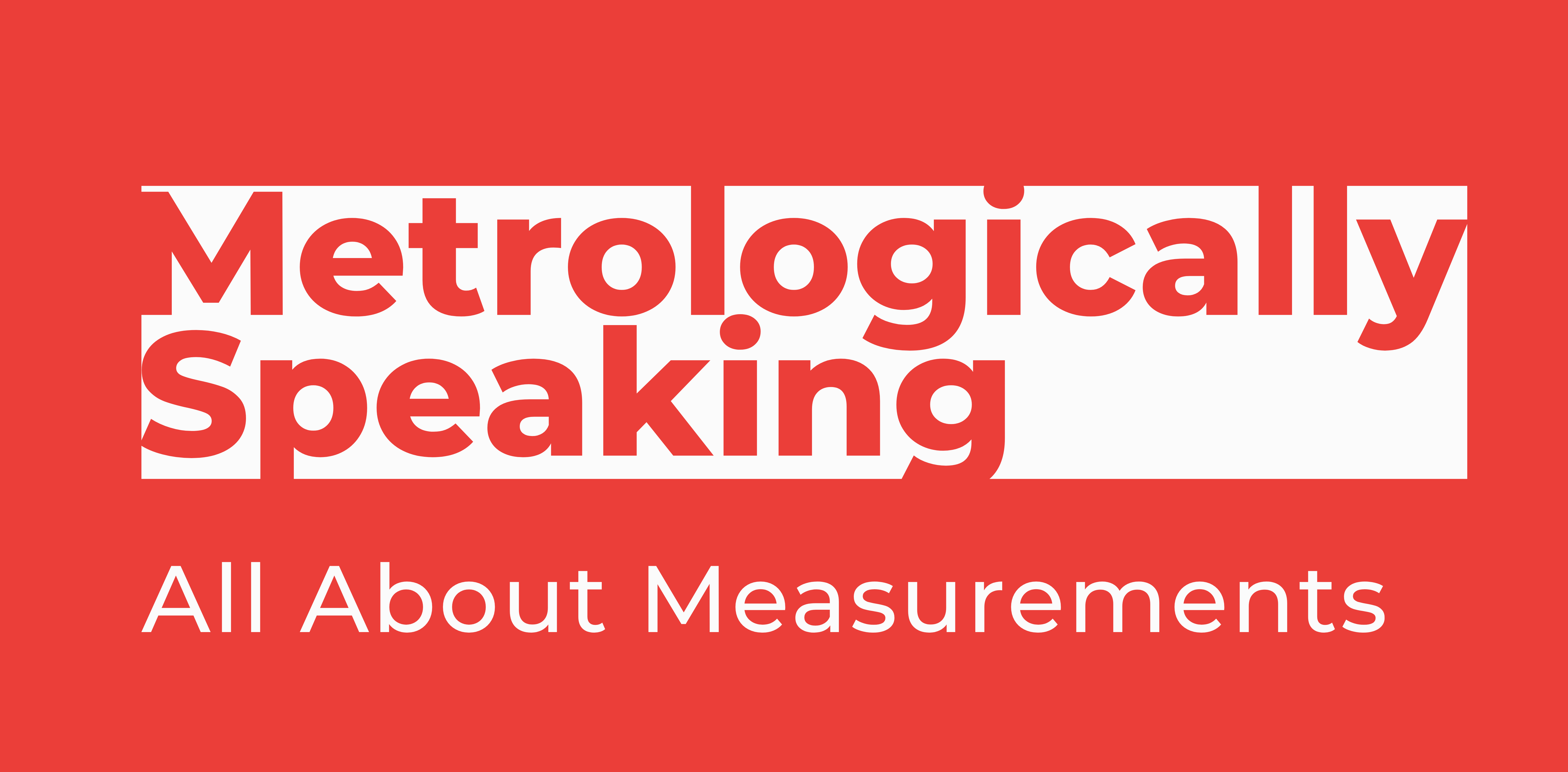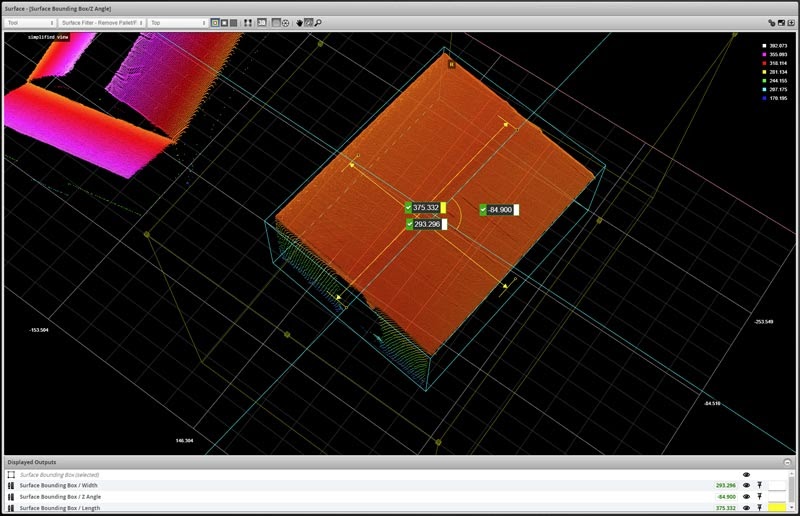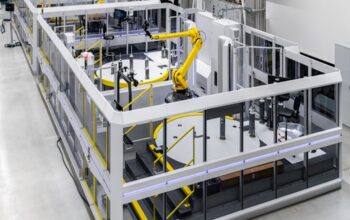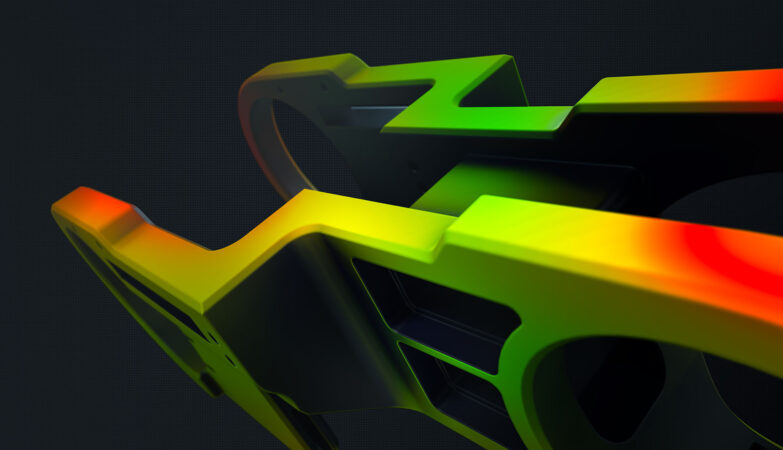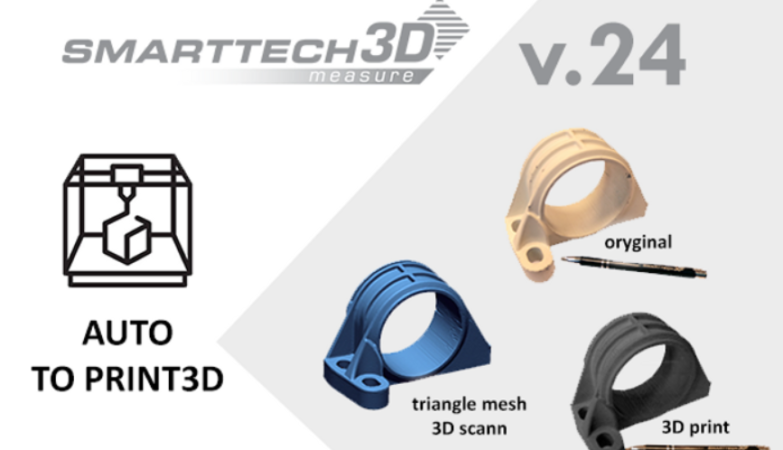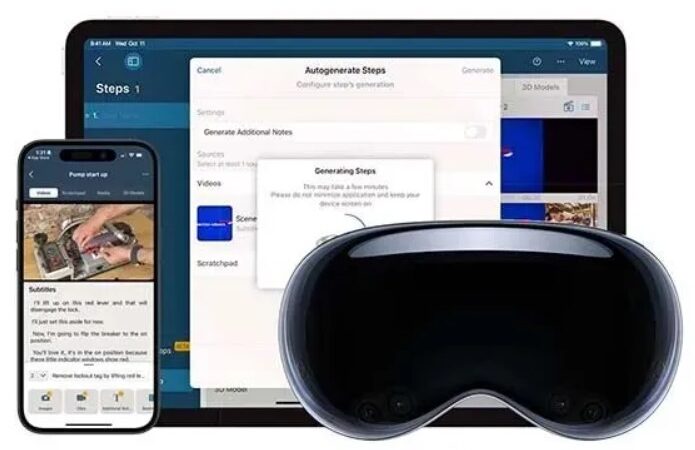There are two key challenges that engineers face regularly in outbound packaging & logistics applications.
- Generating accurate height data of boxes relative to the conveyor system is challenging to achieve with a single measurement tool. More often than not, this requires additional system configuration and potentially scripting.
- Second, interference noise in the scan data is a common occurrence in these applications, which needs to be solved in order to produce accurate and repeatable measurements.
To address these real-world application challenges, we have introduced a modified Surface Bounding Box tool to the 3D inspection software embedded on every Gocator® 3D smart sensor, in order to save users in packaging & logistics time and effort in setting up and running their inspection systems.
Surface Bounding Box Advanced
Expanding on the existing Surface Bounding Box tool, Surface Bounding Box Advanced introduces added functionality to solve outbound packaging & logistics applications with a single measurement tool.
Like Surface Bounding Box, the Advanced tool provides positional measurements related to the smallest box that contains the scan data from an object (X, Y, and Z positions).

The Surface Bounding Box Advanced tool also generates accurate width, length, and height measurements, as well as Z-angle (the rotation around the Z axis and the angle of the longer side of the bounding box relative to the X axis).



Enhancements In The Advanced Version – Relative Height Measurement
Surface Bounding Box Advanced expands on the original version of the tool with the ability to determine height from zero, calculated as the distance from the top of the bounding box to the Z origin (Z = 0). 
This allows engineers to measure, for example, the actual height of a box (or other container) on a conveyor as part of an outbound product packaging process. And since package weight is now typically calculated using volume and a fixed factor (such as conveyor surface), it is easy to use this tool to calculate actual box volume using Length x Width x Height measurements from 0.


Enhancements in the Advanced Version – Built-In Noise Filtering
In addition to relative height measurement, new settings in the Surface Bounding Box tool enable you to easily filter out noise (often caused by systemic factors such as conveyor vibration) that can adversely affect height, width, and length measurements.
1. Percentile Filter
This filter limits the bounding box to data points along the Z axis between the values you set in High Percentile and Low Percentile, which are displayed when you choose this option in the web-enabled user interface.
Using the Percentile Filter provides you with more “robust” height measurements because it excludes noise that would otherwise cause inaccurate height measurements. For example, in the following scan of a box, without excluding a small percentage of the highest data points, data points caused by noise to the upper right generate an inaccurate height measurement of the box of 406.457 mm.

When High Percentile is set to 99%, the highest 1 percent of data points is excluded from the placement of the bounding box, and an accurate height of the target box of 270.477 mm is generated.

2. Open Filter
This filter lets you set the value of Kernel Size for an open morphological operation applied to the scan data on the XY plane, letting you achieve “robust” width and length measurements.
Open Filter removes noise or small objects from scan data while preserving the shape and size of the larger objects in the scan data. For example, in the image below, noise along the edge at the top of the data viewer results in inaccurate length measurement.

When the filter is set to an appropriately sized kernel (here, 11 points), the noise is excluded from the calculation of the bounding box, and an accurate length is generated.

You can then use the Diagnostics Surface on the Data tab to evaluate the impact of the Open Filter, to avoid removing too much data.
To know more, check LMI.
